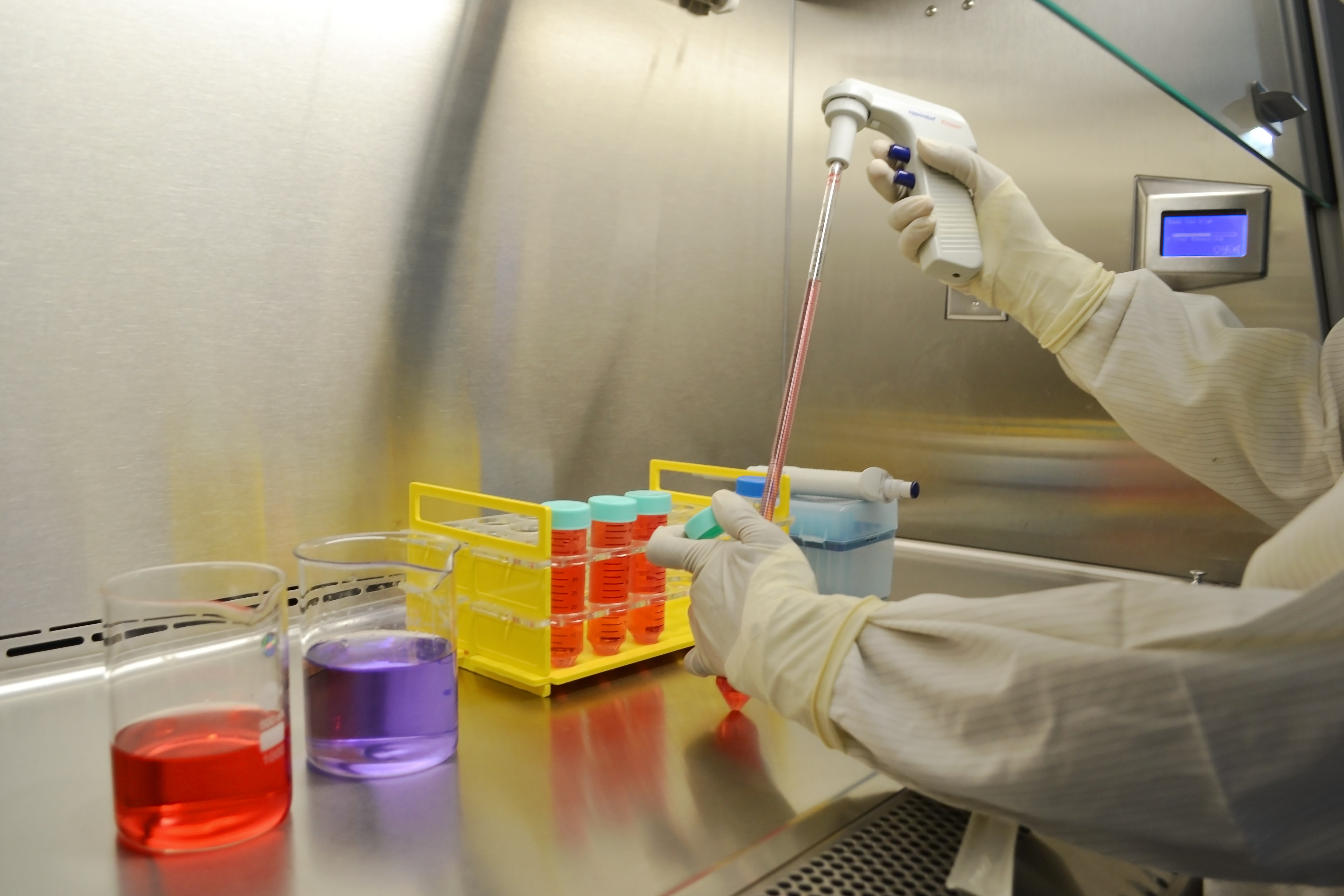Expanding Biolab Complex in Berkeley Has Residents Worried
By Sharon Lerner, Lee Fang,
The Intercept [cites CGS' Marcy Darnovsky]
| 06. 09. 2021
The Bayer Corporation has made it clear that the creation of a biological research facility on its waterfront property in Berkeley, California, will not have any significant impact on birds, air quality, greenhouse gas emissions, traffic, or noise levels. But while the company’s application to the Berkeley City Council to extend the 30-year development plan for its 46-acre campus is filled with meticulous details, down to the vibration levels of the various pieces of construction equipment that may build it and the degree to which sunlight will reflect off the new buildings, the company has provided area residents with far less clarity on the research that will go on inside its newly expanded complex and how it might affect them.
“What are they going to do there? What kind of microorganisms are they going to be working with?” asked Marcy Darnovsky. “They say they’re going to follow all the rules. Well, is there any oversight?” Darnovsky, a resident of the area and executive director of the Center for Genetics and Society, which advocates for the responsible use of biotechnology, is asking questions that have...
Related Articles
By Diaa Hadid and Shweta Desai, NPR | 01.29.2026
MUMBRA, India — The afternoon sun shines on the woman in a commuter-town café, highlighting her almond-shaped eyes and pale skin, a look often sought after by couples who need an egg to have a baby.
"I have good eggs,"...
By George Janes, BioNews | 01.12.2026
A heart attack patient has become the first person to be treated in a clinical trial of an experimental gene therapy, which aims to strengthen blood vessels after coronary bypass surgery.
Coronary artery bypass surgery is performed to treat...
By Staff, ScienceDaily | 01.05.2026
Scientists at UNSW Sydney have developed a new form of CRISPR technology that could make gene therapy safer while also resolving a decades-long debate about how genes are switched off. The research shows that small chemical markers attached to DNA
...
Following a long-standing CGS tradition, we present a selection of our favorite Biopolitical Times posts of the past year.
In 2025, we published up to four posts every month, written by 12 authors (staff, consultants and allies), some in collaboration and one simply credited to CGS.
These titles are presented in chronological order, except for three In Memoriam notices, which follow. Many more posts that are worth your time can be found in the archive. Scroll down and “VIEW...




